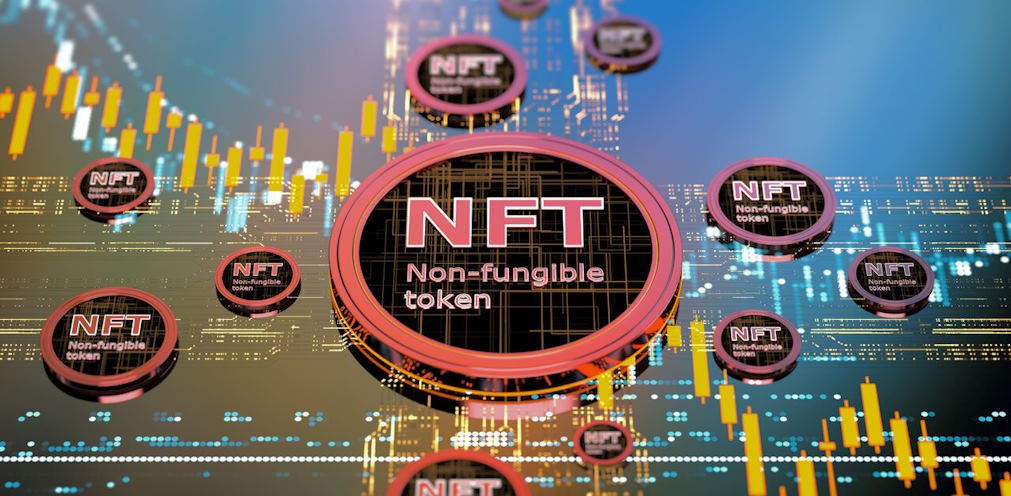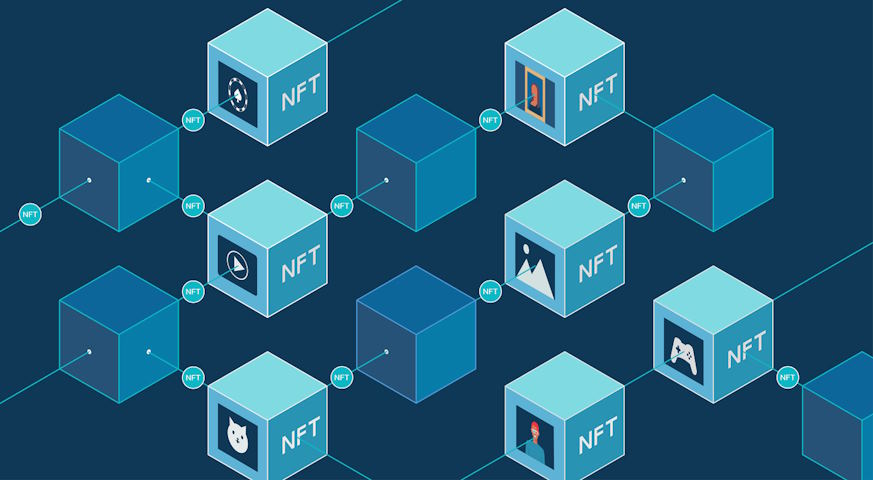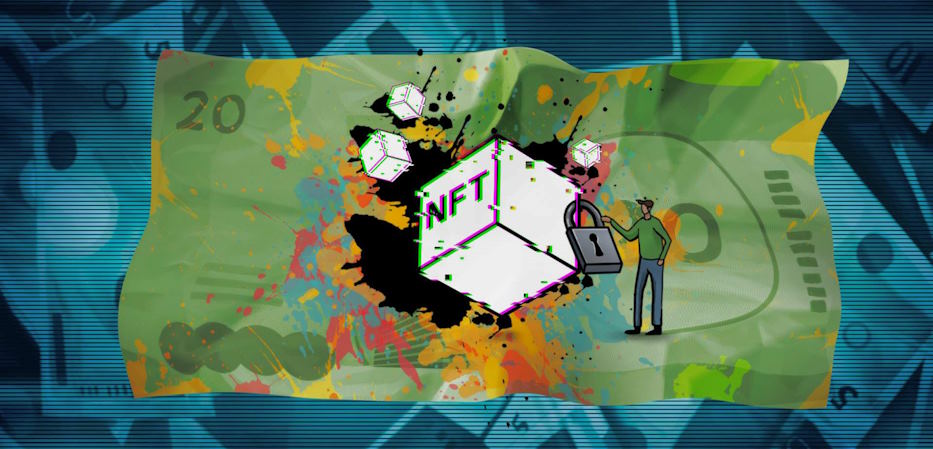NFTs and Intellectual Property Rights: Challenges and Opportunities
The rapid emergence and widespread adoption of Non-Fungible Tokens (NFTs) have captured the attention of both the art world and the digital realm. These unique digital assets, built on blockchain technology, have revolutionized the way we perceive ownership and value in the digital space. However, as NFTs continue to gain popularity, questions arise regarding their relationship with Intellectual Property Rights (IPRs).
NFTs and IPRs: Challenges
Ownership and authenticity concerns of NFTs
One of the primary challenges associated with NFTs is the issue of ownership and authenticity. While NFTs provide a unique way to prove ownership of digital assets, questions arise regarding the originality and legitimacy of the underlying content. Due to the decentralized nature of blockchain technology, it can be difficult to determine if the creator of an NFT is the rightful owner or if the content has been plagiarized or stolen. This challenge highlights the need for robust verification processes and platforms that can ensure the authenticity of NFTs and protect the rights of creators.
Copyright infringement and plagiarism issues
NFTs have opened up new avenues for the creation and distribution of digital content, but they have also brought about concerns related to copyright infringement and plagiarism. As NFTs can be created and sold by anyone, it becomes crucial to address the potential misuse of copyrighted material without the permission of the original creators. The ease with which digital content can be replicated and minted as NFTs raises concerns about protecting artists, writers, musicians, and other creators from unauthorized use and reproduction of their work.

Trademark violations and brand dilution
With the rise of NFTs, there is a risk of trademark violations and brand dilution. Companies and brands invest substantial time and resources in building and protecting their trademarks and brand identities. However, the decentralized nature of NFT platforms makes it challenging to regulate the creation and sale of NFTs that incorporate copyrighted logos, brand names, or other protected elements. This challenge calls for a closer examination of how trademarks and brand rights can be enforced in the ever-expanding NFT space.
NFTs and IPRs: Opportunities
Increased transparency and traceability through blockchain technology
One of the remarkable aspects of NFTs is the underlying blockchain technology, which provides increased transparency and traceability. Every transaction involving an NFT is recorded on the blockchain, creating an immutable and transparent ledger of ownership history. This transparency helps in verifying the authenticity and provenance of digital assets, giving both creators and buyers confidence in the legitimacy of the NFT. Blockchain technology also mitigates the risk of counterfeit or fraudulent NFTs by establishing a secure and tamper-proof record of ownership.
Licensing and monetization possibilities for IPR holders
NFTs open up new licensing and monetization possibilities for intellectual property rights (IPR) holders. Brands, companies, and individuals with valuable trademarks, patents, or copyrighted content can leverage NFTs to license their IP assets and receive royalties for their use. NFTs provide a secure and decentralized platform for IPR holders to tokenize and distribute their digital assets, expanding their reach and revenue potential. By embracing NFTs, IPR holders can unlock new opportunities for collaborations, partnerships, and innovative ways to monetize their intellectual property.

Legal and Regulatory Considerations
Current legal framework and its applicability to NFTs
The rapid rise of NFTs has prompted the need to examine the existing legal framework and its applicability to this emerging technology. As NFTs intersect with various aspects of intellectual property rights, contract law, and consumer protection, it is essential to understand how existing laws can be interpreted in the context of NFTs. Copyright laws, for instance, may offer some level of protection to creators, but the digital nature of NFTs introduces new challenges in enforcement. Evaluating the current legal landscape helps identify gaps and potential areas for improvement to ensure appropriate legal protections for creators and buyers alike.
Emerging regulations and guidelines for NFTs
As NFTs continue to gain prominence, regulatory bodies and governments worldwide are actively exploring and implementing new regulations and guidelines specific to this innovative technology. These emerging regulations aim to address challenges related to authenticity, copyright infringement, consumer rights, and investor protection within the NFT ecosystem. By introducing clear guidelines and standards, regulatory bodies seek to provide a framework that promotes responsible usage, fosters innovation, and protects the rights of all stakeholders involved in NFT transactions.
Potential impact on the future of NFTs and IPRs
The legal and regulatory landscape surrounding NFTs is still evolving, and its future implications for NFTs and intellectual property rights are significant. Striking the right balance between innovation and protection is crucial for the long-term sustainability of the NFT market. Effective regulations can instill trust and confidence among creators, buyers, and investors, encouraging broader adoption and investment in NFTs. Furthermore, well-crafted regulations can help combat fraudulent activities, reduce copyright infringement, and ensure fair compensation for creators. However, it is essential to approach regulations with caution to avoid stifling creativity and hindering the potential of NFTs to revolutionize digital ownership and distribution.


